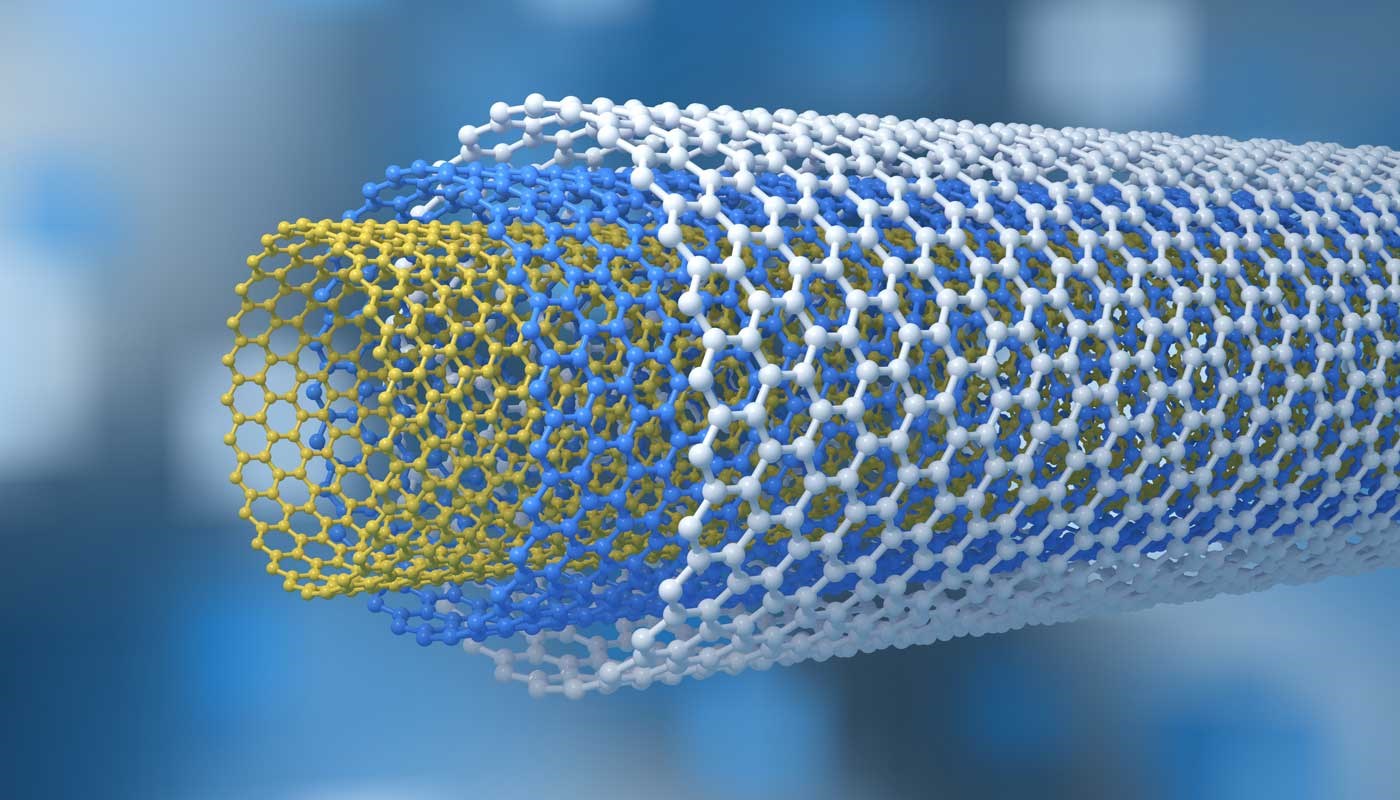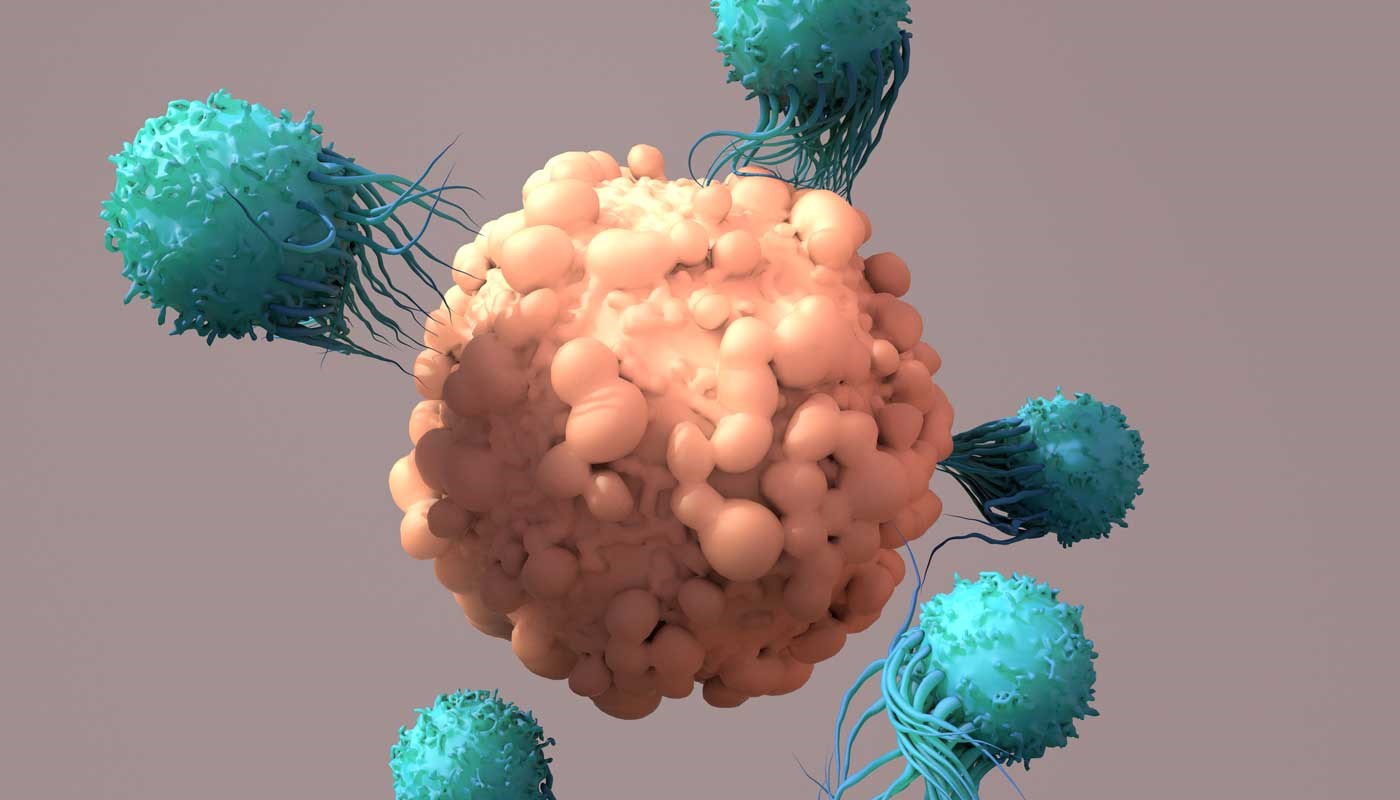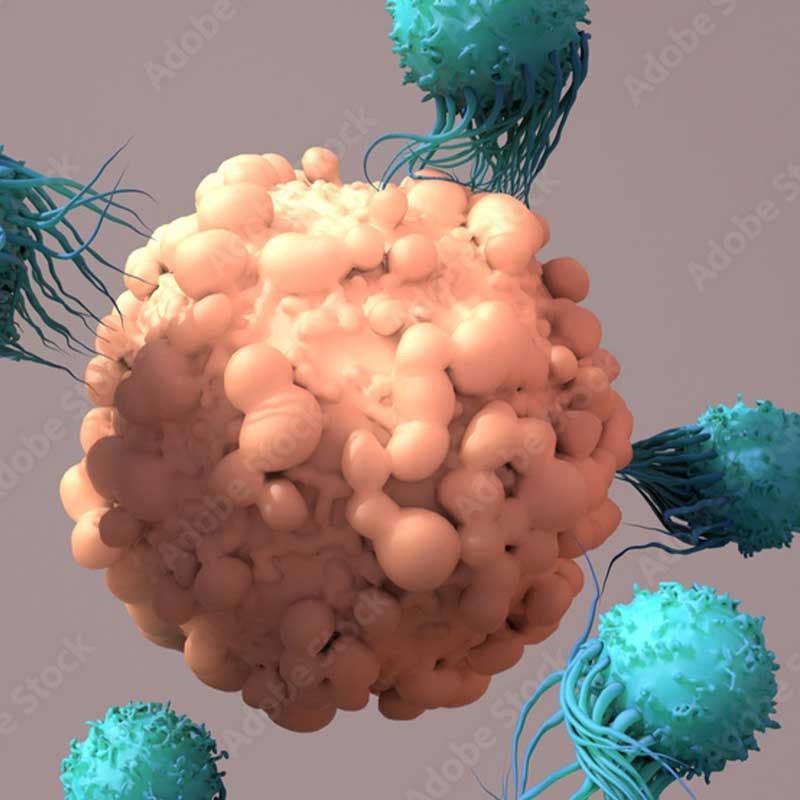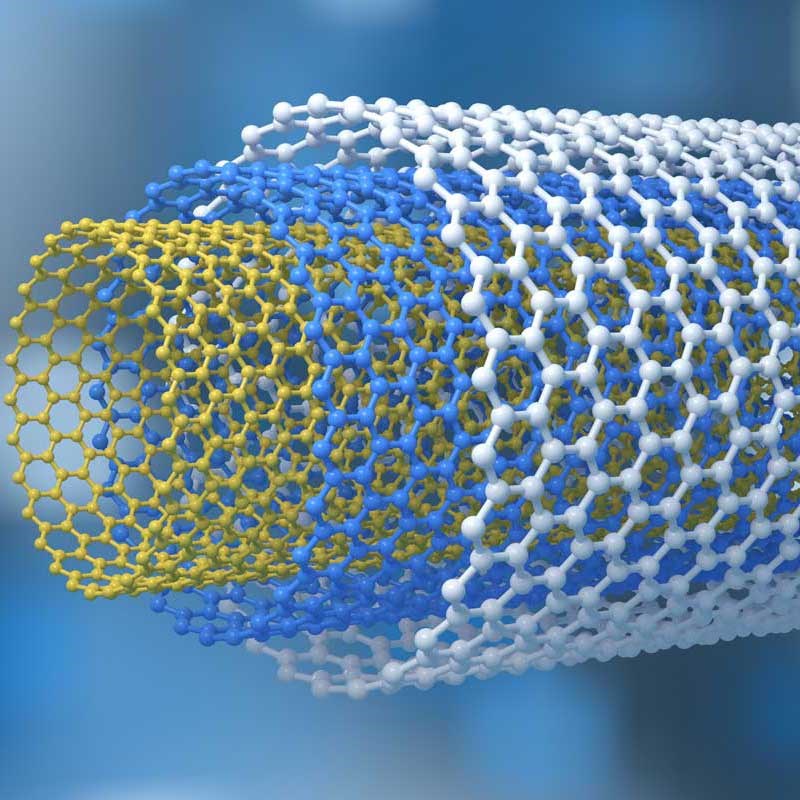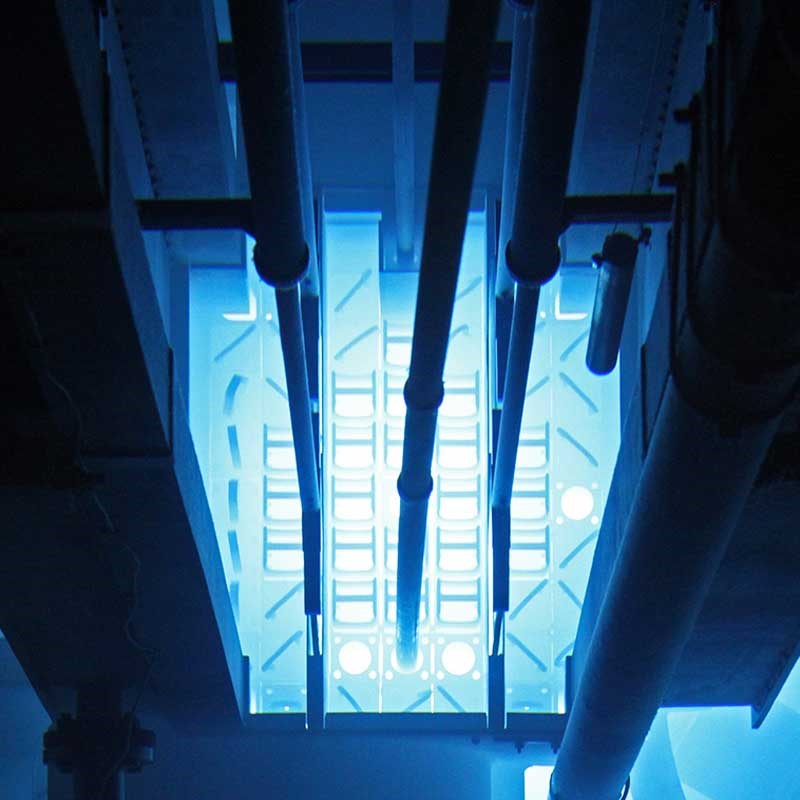

Change the world with chemical engineering
Chemical engineers develop products and processes that improve the well-being of humanity and touch every aspect of our lives.
From discovering new materials and developing new vaccines to solving grand challenges in sustainability and clean energy, chemical engineers change the world for the better.

